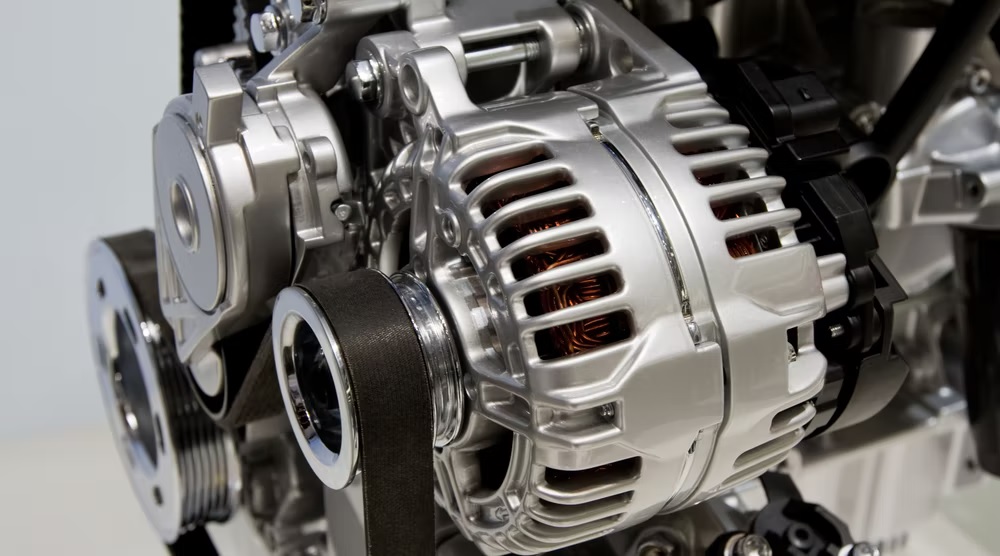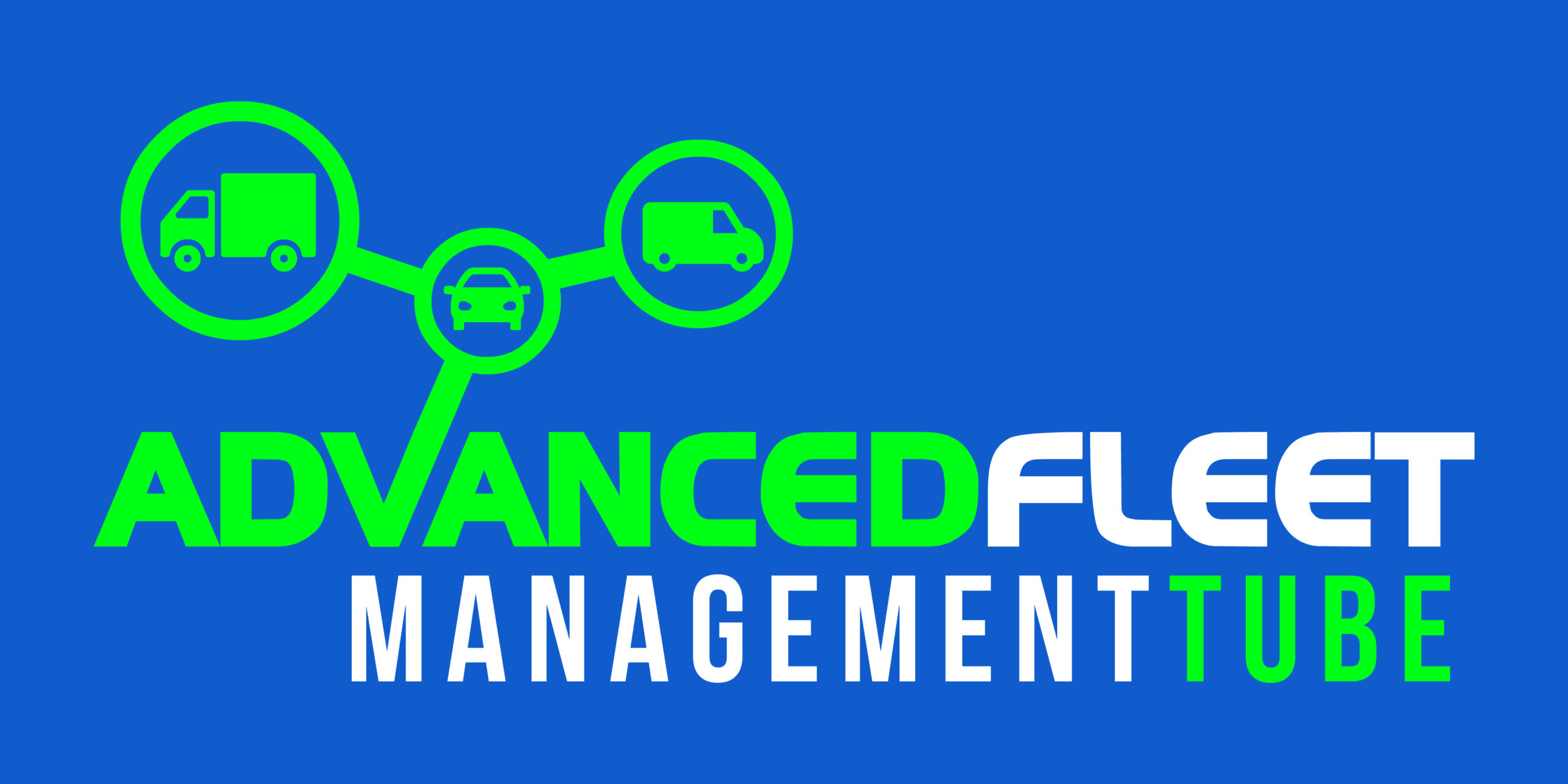It all comes down to the right fit for the application as we navigate our way to a cleaner future for trucking.
I read with interest the announcement about Cummins unveiling a fuel-agnostic internal combustion engine strategy. Cummins said it is “designing the products from the outset to accommodate all fuel needs that we’ll need in the future.”
All platforms will be capable of operating on diesel, natural gas, gasoline, and in some cases hydrogen fuels. While the platforms will feature a series of engine versions that are derived from a base engine, each version will operate on a single fuel. The company will start rolling out the engines but said they won’t all be available until 2024.
I am guessing that a project of this magnitude will take a lot of engineers, and the end result will be that many solutions will have their place within the market. It all comes down to the right fit for the application as we navigate our way to a cleaner future for trucking.
See also: It’s time to add BEVs. Or is it?
In making the announcement, Srikanth Padmanabhan, president of Cummins’ engine business, said, “We think for the next 40 years or so, internal combustion engines will still be there as a transitory technology before we get to that destination zero.”
I like the concept of transitory technology—something temporary but needed to get us from where we are to where we want to be.
As an engineer, the idea of one platform with a great deal of commonality among parts appeals to me. Cummins said parts commonality would be about 80%, giving these engines similar footprint, diagnoses, and service intervals. Each solution will have a place in the market, but each will also be purchased at lower volumes. Having parts commonality, diagnoses, and service intervals should make it easier for fleets to handle multiple fuel types in their operations.
Padmanabhan said one other thing I liked. He believes that the diesel, natural gas, and hydrogen internal combustion engines eventually will give way to battery and fuel cell electric powertrains.
Cummins is taking a unique approach to helping us transition through to that future. It’ll be interesting to see how it unfolds.
Michael Roeth has worked in the commercial vehicle industry for nearly 30 years, most recently as executive director of the North American Council for Freight Efficiency. He serves on the second National Academy of Sciences Committee on Technologies and Approaches for Reducing the Fuel Consumption of Medium and Heavy-Duty Vehicles and has held various positions in engineering, quality, sales, and plant management with Navistar and Behr/Cummins.
Source https://www.fleetowner.com/





